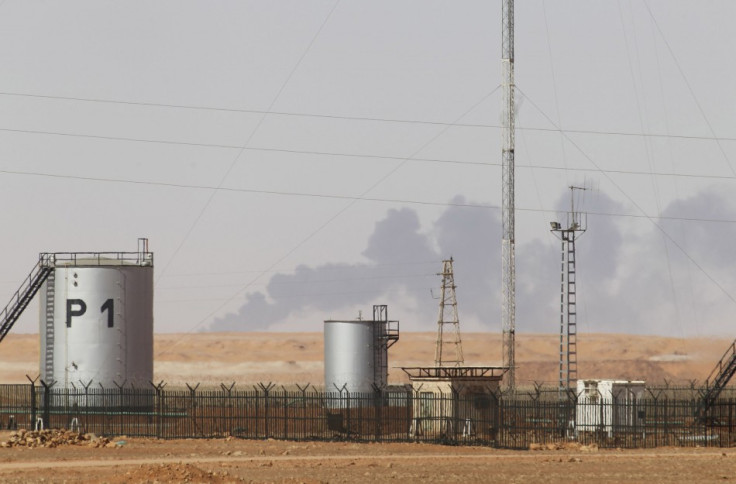Algeria BP Siege: 25 Mutilated Bodies of Hostages Found [VIDEO]
Chilling details of carnage emerging

The death toll in the hostage crisis at the In Amenas gas plant in Algeria is set to increase further following the discovery of 25 badly dismembered bodies.
It is reported that the bodies are so mutilated the Algerian authorities are finding it difficult to identify them.
The number of dead in the siege has reached 81, including 32 al-Qaida-linked militants. Initially, Algeria officially reported the death of 23 hostages and said dozens were unaccounted for.
The exact death toll is likely to emerge when Algerian Prime Minister Abdelmalek Sellal addresses a press conference later in the day. More details of the carnage at the plant are likely to become public after questioning of five militants who have been taken alive by Algerian forces.
Al-Qaida has officially claimed responsibility for the siege, which has become one of the worst international hostage crises in recent years.
"We at al-Qaida are responsible for this operation that we bless," said veteran Islamic militant Mokhtar Belmokhtar, speaking in a video dated 17 January which was seen by regional Sahara Media. Belmokhtar added that 40 insurgents took part in the attack.
Those governments whose nationals were among the victims have expressed their outrage over the situation and blamed "terrorists" for the hostages' death.
It is believed six Britons have died in the attack, along with Americans, Norwegians, French, Japanese and Romanians.
"It will require a response that is about years, even decades, rather than months. Tragically, we now know that three British nationals have been killed, and a further three are believed to be dead. And a further British resident is also dead," said Prime Minister David Cameron.
Captives' Accounts
The captives' accounts of the siege have also started emerging. Alan Wright, a British BP employee and a survivor of the siege, told the Guardian:
"Someone came into the building about 9:30am and said good morning in Arabic very politely, and we were sure that was a terrorist trying to entice people out, so we didn't move. We sat throughout the day in darkness and silence, sometimes taking the chance to go to the toilet or get some food or drink, then we decided to move to another room about 6pm."
Wright had also sent text messages to his wife while the siege was on. The messge read: "Don't panic. Terrorists in camp. They have accommodation block and factory," which was followed by another message which read: "BP may say I am missing. I am not. Don't worry. Don't reply. Love all of you."
Another local worker named Riad, describing the execution of some of the hostages, said: "We were all terrified when we heard bursts of gunfire at 5:30 am on Wednesday, after we realised that they had just killed our Japanese colleagues who tried to flee."
He added: "A terrorist shouted 'open the door!' with a strong North American accent, and opened fire. Two other Japanese died then and we found four other Japanese bodies."
Although the hostage-takers were said to have claimed that the siege was a response to the French military intervention in neighbouring Mali, western nations have pointed out that such a well-executed attack could not have taken place without long preparation.
Algerian officials continued to defend their army's operation. "It is out of the question to allow foreign security forces to handle the security of our oil facilities," Algerian Energy Minister Youcef Yousfi told state-run APS news agency.
The gas facility is struggling to return to normalcy while the production at the plant is set to resume in the next two days. The In Amenas gas plant accounts for 10 percent of Algeria's natural gas exports.
© Copyright IBTimes 2025. All rights reserved.






















